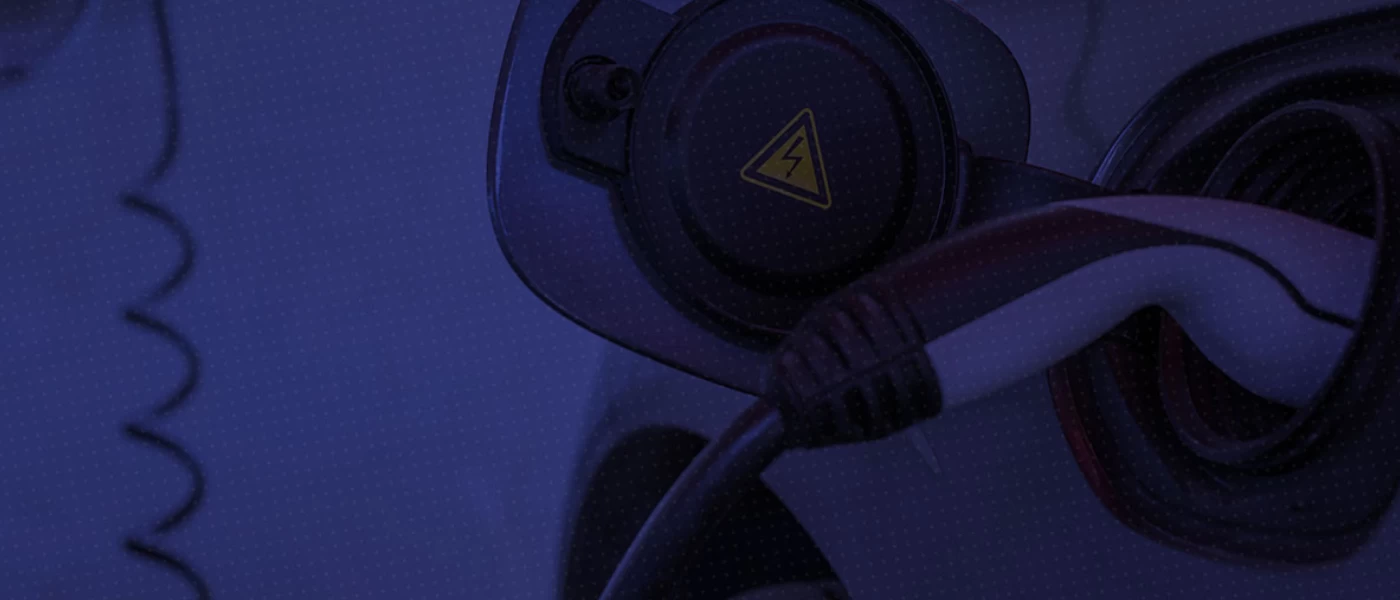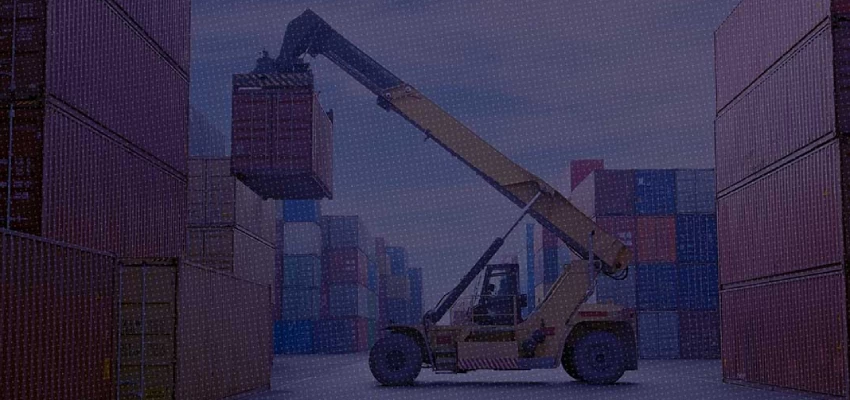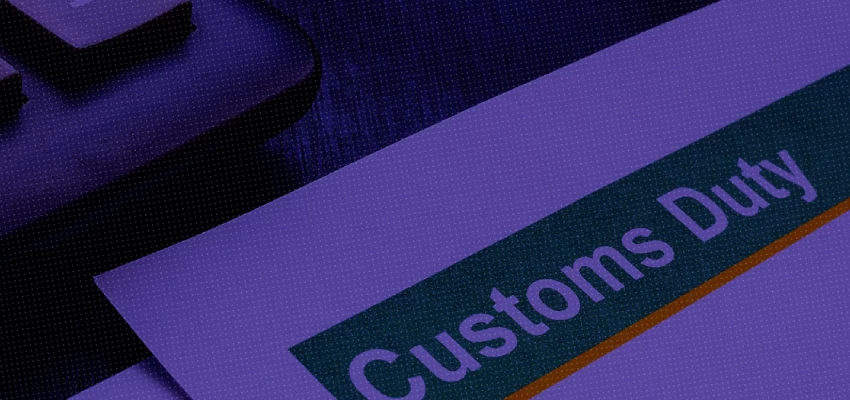Background
The switch from internal combustion engine (‘ICE’) vehicles to electric vehicles (‘EV’) in global market is primarily driven by the global climate agenda as detailed in the Paris Agreement under United Nations Framework Convention on Climate Change (UNFCCC)[1], to reduce carbon emissions for combating the alarming issue of global warming.
Right from the year 2012, the Indian Government has been taking continuous steps to develop and promote EV ecosystem in the country, witnesseth from National Electric Mobility Mission Plan (‘NEMP’) to introduction of Faster Adoption and Manufacturing of EVs scheme (‘FAME’) on the consumer side and Production-linked Incentive Scheme (‘PLI’) for Advanced Chemistry Cell (‘ACC’) as well as for Auto and Automotive Components manufacturers on the supplier side.
India being one of the world’s largest automobile market, has always been a market of interest for multinational automobiles companies to launch their EVs, thereby benefitting out of the market opportunities presented by this segment. The Government is looking up to these companies to set up manufacturing/assembly units here, in order to promote Make in India initiative. However, regardless of the ambitious targets set by the government, the penetration of EVs in the Indian market continues to be at a nascent stage.
The Union Finance Minister while presenting the Finance Budget for the year 2022-2023 has made various announcements to edify the EV ecosystem in India and consequently some amendments have been introduced in notifications prescribing concessional rate of duty for import of EVs.
With this article, we have tried to highlight the changes in entries relating to EVs and their probable impact on the EV ecosystem in India.
Applicable rate of basic customs duty on EVs
Until the year of 2015, the Government of India levied uniform rate of basic customs duty on ICE vehicles and EVs imported into India. Vide Notification No. 10/2015-Cus dated 1 March 2015, an entry at S. No. 436B was introduced in the Notification No. 12/2012-Cus., dated 17 March 2012 to prescribe a concessional rate of basic customs duty (‘BCD’) for ‘EVs for transport of ten or more persons’. Thereafter, vide Notification No. 3/2019-Cus., dated 29 January 2019 a separate entry for electric cars was introduced in Notification No. 50/2017-Cus., dated 30 June 2017 (‘Exemption Notification’). This entry is substituted with a new entry vide Notification No. 2/2022-Cus., dated 2 February 2022. The changes carried out in the substituted entry in Exemption Notification dated 30 June 2017 vis-à-vis the earlier entry are discussed hereunder:
Click here for details>












